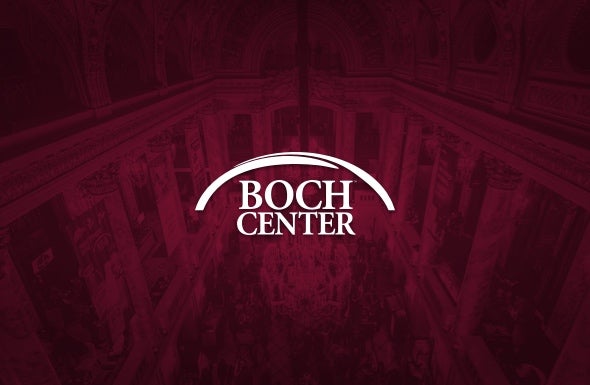By Andrew Mattfeld
Art in all forms is the expression of the human spirit. It is emotion in shorthand, or long, depending on how the individual interprets it. Art has the power to form opinions, change opinions, change lives. So what is art’s responsibility to humanity? What does it owe society? What does art ask from us as artists?
These are questions which I have posed for the last several weeks to the talented teen leaders of the BOCH Center City Spotlights Summer Leadership Program, and every day and week I am surprised and inspired by their reaction and artistic interpretation of topics which are relevant to their generation. This year’s topic was #MediaIsPower, an exploration thru acting, music, and dance of how media, and specifically their generations use of social media influences society and interpersonal relationships. They have tackled delicate topics of bullying, influence, protest, trolling, fake news, and unity, thru thoughtful discussion on how they as teen leaders want to see the world change. They have held a mirror up to the face of contemporary society and have focused the spotlight on the evolution of social commentary and how it has changed the world over the last 30 years.
For me, growing up at the dawn of the internet age, remembering the sound of a dial tone, having to press the number 3 four times to type a letter in my first text message, having to read an op ed to get the opinion of someone I don’t know having read something that was in a newspaper a week ago, the students have shown me just how far we have come as a society. As I always knew of course, but to see and hear their stories of how media and more importantly the constant presence of other people’s opinions and influence have changed their perception of the world around them, was humbling.
Music specifically has given the teen leaders a flow of consciousness to express their want of individuality. They have written songs, raps, and spoken words, which express their frustration in the loss of personal growth, when they are constantly being bombarded with how they ‘should’ act or dress in society. They have given solutions to these problems and developed together a stronger sense of community together.
Their use of social media in their final showcase is of course the definition of irony when you consider the topic, but beautifully done in their message of acceptance and tolerance, and holding people responsible for their words and actions. In this way they have made art socially responsible: they have shown society what’s important about the cultural diaspora which is humanity, and how thru this constant connectivity we can grow.
